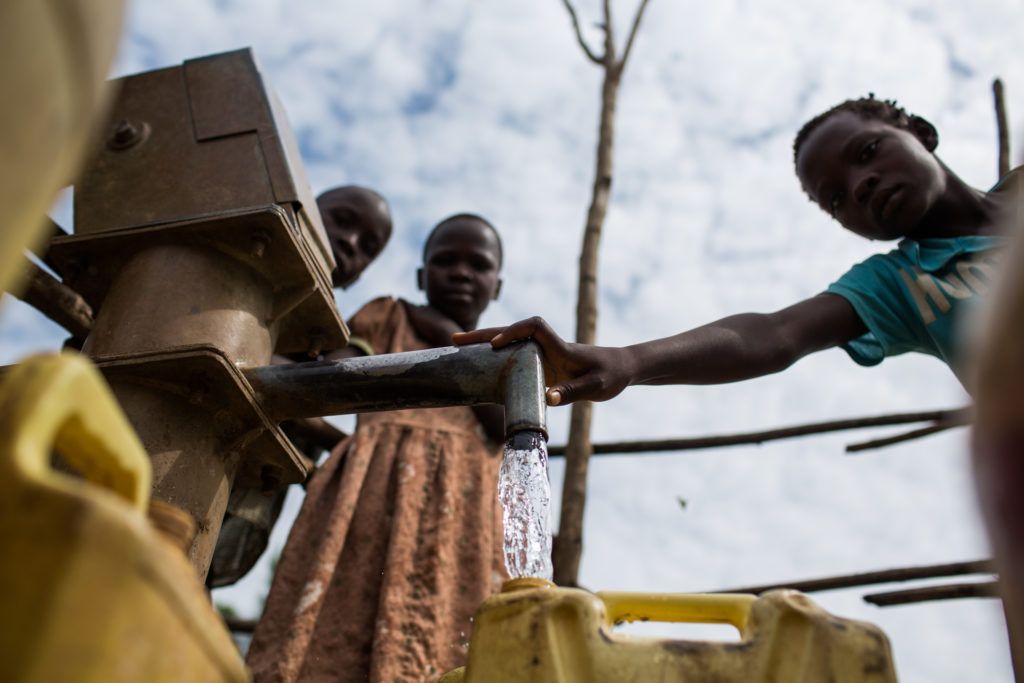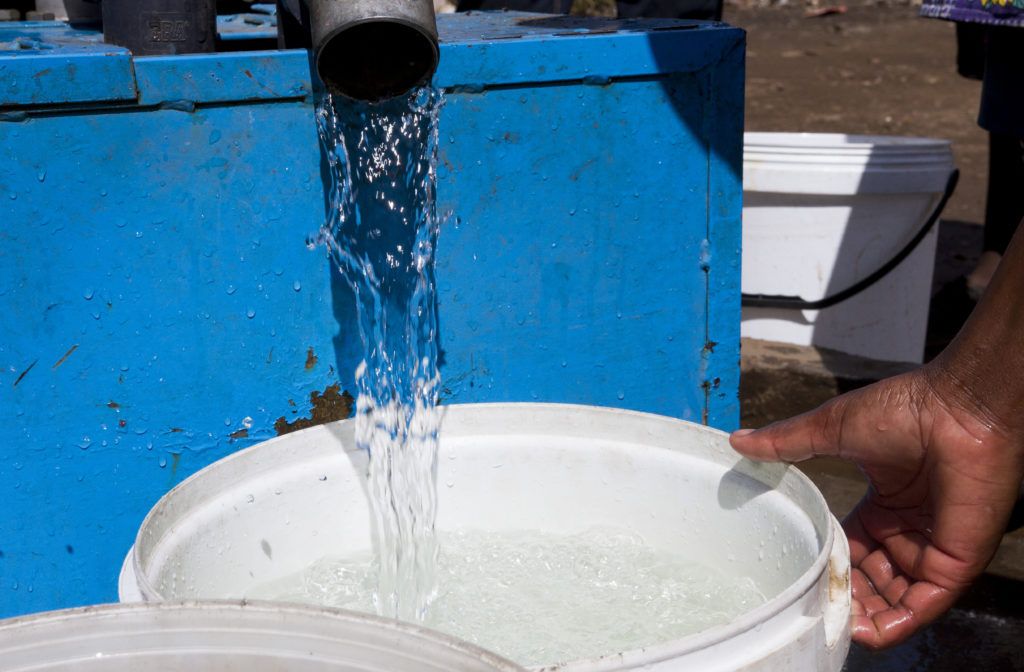 Blogs
Blogs
March 20, 2020 • 3 min read
"As Covid-19 spreads around the world, good personal hygiene and water sanitation is more important than ever. Washing your hands is the best defence against the worst pandemic in decades."
Imagine if you didn’t have access to clean, safe water? This Sunday, 22nd March, marks World Water Day. And with COVID-19 now a global pandemic, the importance of water for personal hygiene has never been as important.
World Water Day celebrates water and raises awareness of the fact that 2.2 billion, or one in three people, are living without access to safe water. It is about taking action to tackle the global water crisis and provide water and sanitation for all.
GOAL helps millions of people gain access to safe water every year through its Water, Sanitation and Hygiene (WASH) programmes.


In Syria, GOAL provides safe water to more than 800,000 people every day in Idlib province where WASH systems had been damaged or destroyed by conflict. Previously, water was being transported to communities by truck. This system was inefficient and expensive. In order to reduce the reliance on this supply, GOAL’s WASH programmes in Idlib focus on repairing damaged water infrastructure and supporting the maintenance of water stations.


Fresh water is essential for farming and crop production. When a water source is damaged, this leads to vulnerable people facing food shortages. Earlier this year, GOAL helped local communities in Zimbabwe rebuild a weir dam that was destroyed by Cyclone Idai in 2019. The dam is vital for local farming and its loss affected 280 households. GOAL provides safe water for over 120,000 across Zimbabwe.
As Covid-19 spreads around the world, good personal hygiene and water sanitation is more important than ever. Washing your hands is the best defence against the worst pandemic in decades. Unfortunately, communities in the developing world are more vulnerable than others. Providing WASH systems to these communities is vital in order to prevent what would be a devastating outbreak of Covid-19.


One such community is Syrian refugees in Iraq. Forced to flee their homes after years of conflict, over 2,000 Syrians now live in Gawlian Refugee Camp in the Kurdish Region of Iraq. GOAL has built dozens of latrines and showers in a new emergency site within Gawlian camp, providing improved hygiene for hundreds of people. GOAL was the first NGO to build these basic sanitation facilities in the camp.
Referring to the potential spread of disease in refugee camps, GOAL Emergency Team Leader, Omar Adel Sharafani, said “People used public spaces as toilets, creating undignified scenes and risks for several diseases. We worked for three days, day and night, to build the latrines.”
Water is one of our best weapons in the fight against this disease and is needed more than ever, particularly in vulnerable communities. GOAL focuses on the provision of WASH infrastructure to ensure the long-term supply of clean and fresh water. With the onset of COVID-19, safe water and good hygiene have rarely been more important.
Did You Know?
- 2.2 billion people globally live without access to safe water.
- GOAL provides water to 800,000 people every day in Idlib, Syria.
- Climate-resilient water supply and sanitation could save the lives of more than 360,000 infants every year.
- Over 8 million people required humanitarian assistance in Ethiopia in 2019 as a result of drought and other disasters.
- By 2050, up to 5.7 billion people could be living in areas where water is scarce for at least one month a year.


